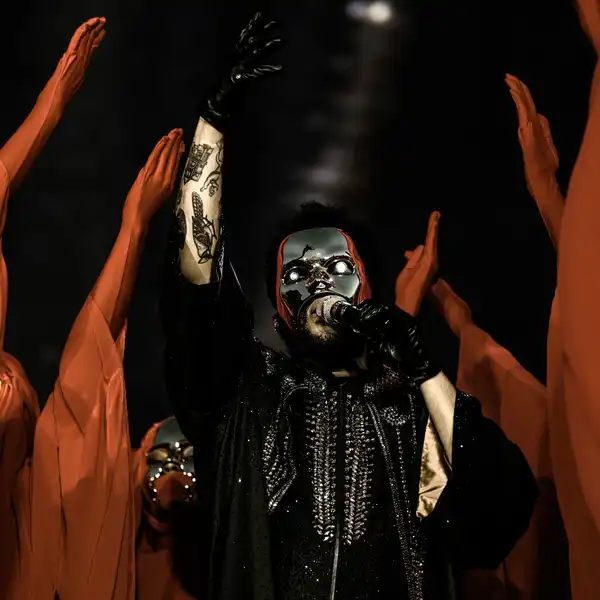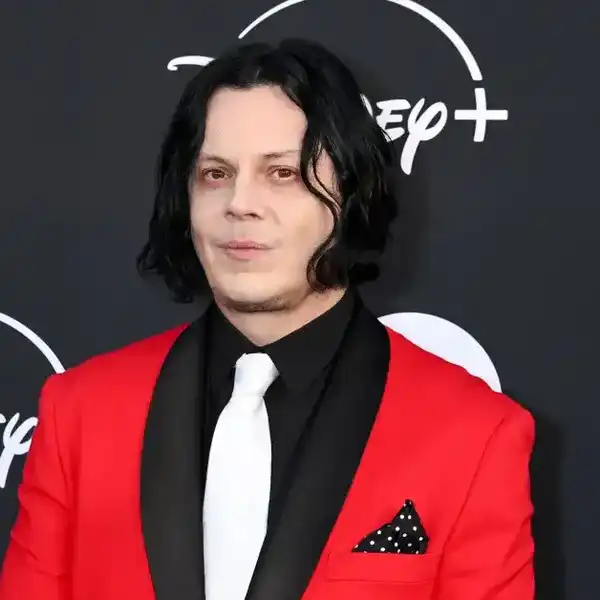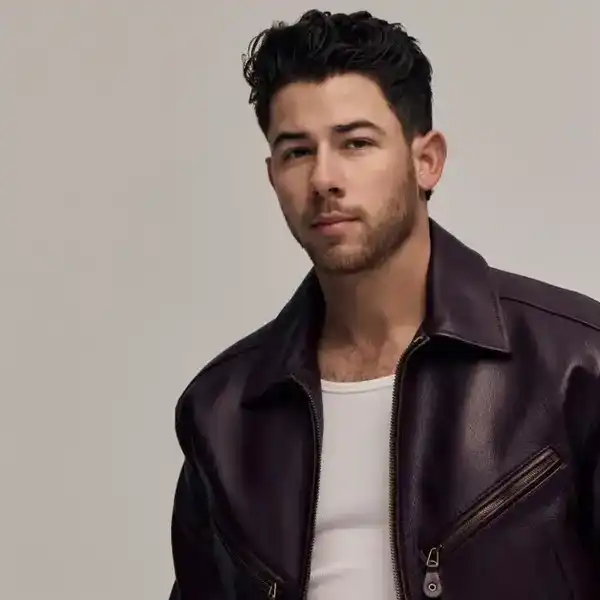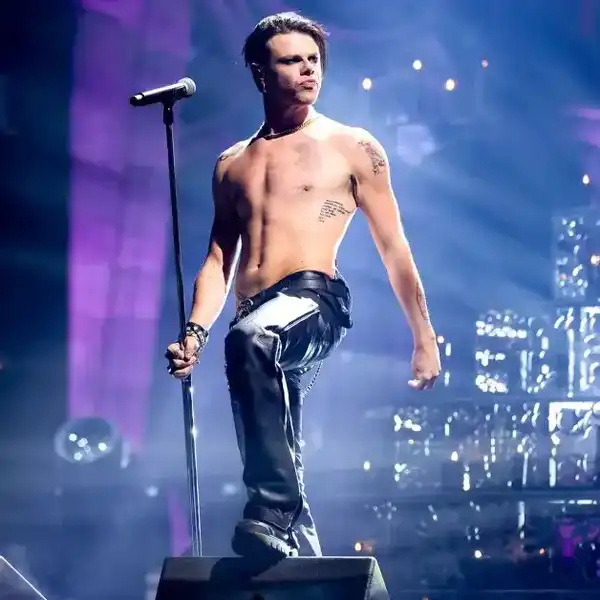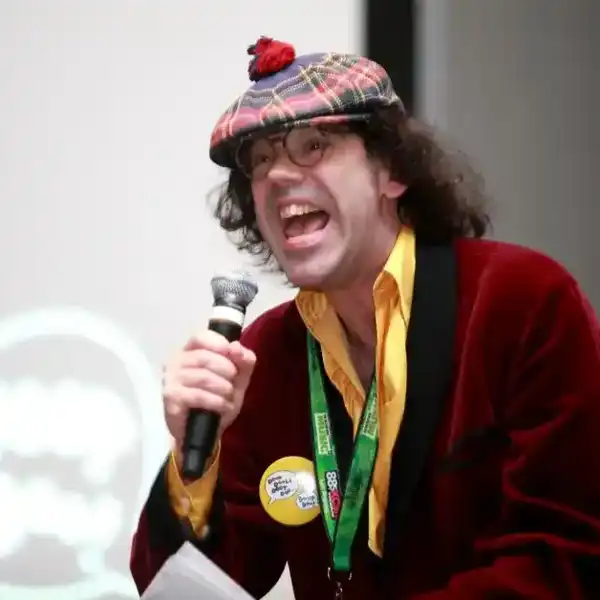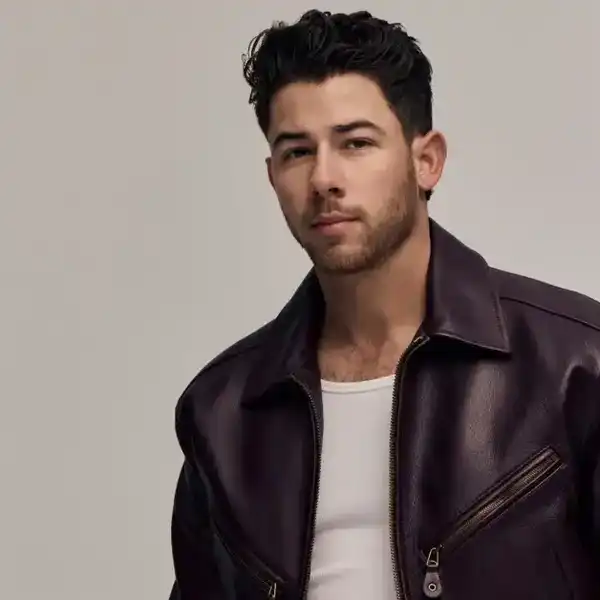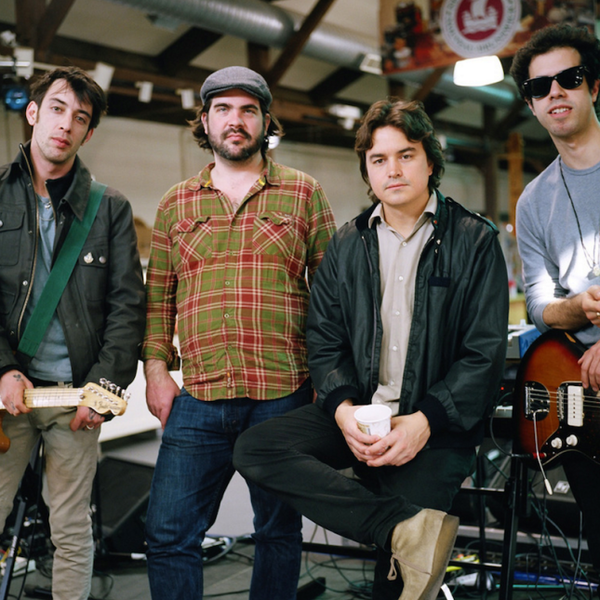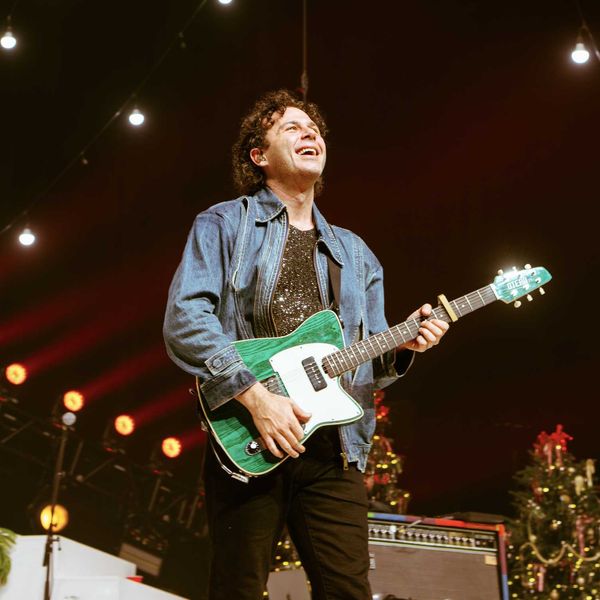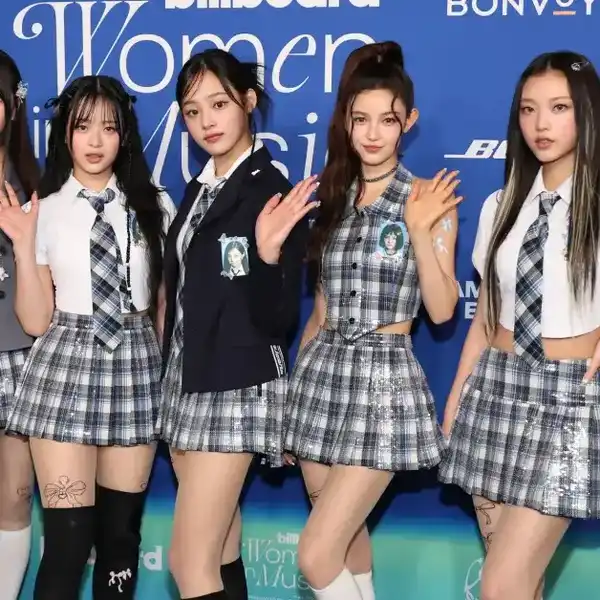Backstage At The Junos With The Stars
The Weeknd and Justin Bieber did not bounce into the media Zoom Sunday night to talk about their Juno wins, but many other winners and performers, from The Tragically Hip and Feist to JP Saxe and Jann Arden, did log in to chat about a range of subjects.
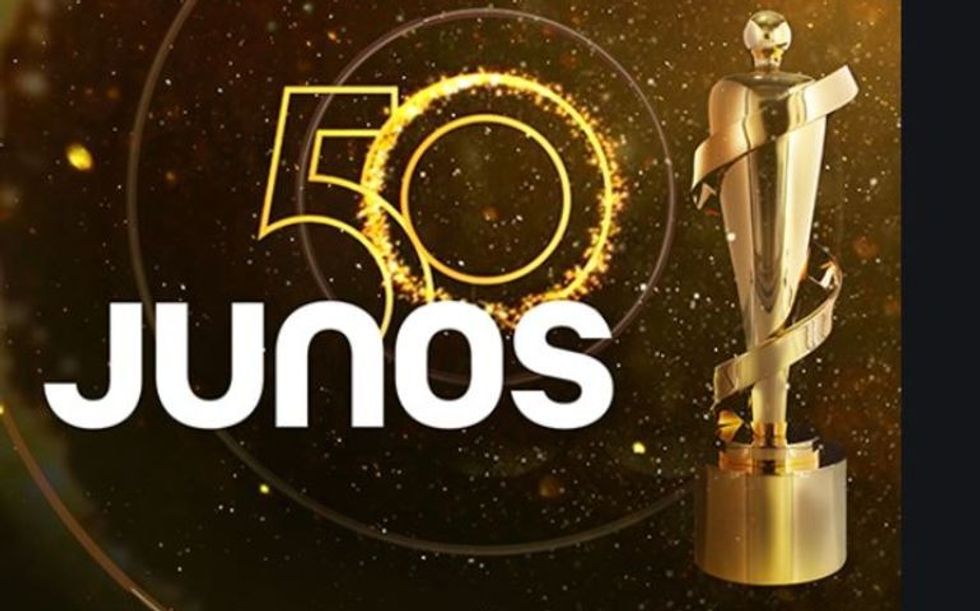
By Karen Bliss
The Weeknd and Justin Bieber did not bounce into the media Zoom Sunday night (June 6) to talk about their Juno wins, but there were many other winners and performers from The Tragically Hip and Feist to JP Saxe and Jann Arden who did log in to chat about a range of subjects. Just like our coverage for the Opening Night Awards, FYI Music News has compiled a sample of the answers:
Jann Arden, inducted into the Canadian Music Hall of Fame, by Anne Murray, and performed.
On being signed some 30 years ago by Allan Reid — who now heads up the Canadian Academy of Recording Arts & Sciences, which puts on the Junos — after he listened to her demo following a break-up:
“I should preface that story — he turned me down. They passed on me. A&M had passed on me. He said there's no place for you on our roster. You're not what we're looking for. It was Nirvana, Pearl Jam. It was all this West Coast grunge. He was 26 years old and he hadn't signed anybody yet. And then Jill Snell, who's also in the music business, broke up with him. And when he got back into his car my cassette was still in his frigging car. And the song that came on, when he cranked it up, it was a song called I Just Don't Love You Anymore, which is probably one of the most depressing things I've ever written. And I've written a lot of depressing things and I'm proud of that.
“And he phoned us and he just said, ‘I don't know if you'll ever sell a record, but I get it. And I think there's a place for you.’ And I've been with Universal for almost 30 years now. I've seen a lot of people come and go and I just finished my 15th album. We're going to be mixing it in a month. I have to give it to Universal and I have to give it to the people that are there because they could have cut me loose a million times. Ten years ago, everything started streaming. I stopped selling records. All of us did, but there was a time in this country where I could sell 300,000 or 400,000 records and that's a lot of income. So we were all scrambling to figure out how to monetize this new world.
“Universal had to cut acts like crazy. They have never abandoned me. They fund my records. I don't have really anyone that A&Rs me. I write songs. I make a record. I hand it in. I'm not on contemporary radio anymore. I still tour all the time, but this is a testament to Universal of me getting this award tonight. It's a testament to thinking long-term, as far as artists are going. When I first signed with Universal, they signed me for 10 albums, which seemed unheard of at the time, and I completed that part of my contract and now they're in a renewal stage. So they renew me each and every time and they could cut me loose at anytime. It's very unusual for an artist at the 30-year mark, certainly, to have spent their entire career on one label.
“So honest to God tonight is the culmination of so many people helping me, Allan Reid; Bruce Allen, my manager; all the people that I've worked with. The fans have been incredible; they're so diligent. I look at an audience sometimes and I see people that have been to a hundred shows and I know their names and I'm just like, ‘Jesus, I wouldn't see me four times. I think I would maybe see me three times. And then that would be that.’ So there's so many people that make up a 30-year career and I just happened to be the head on the shoulders.”
The Tragically Hip received The Humanitarian Award, presented by Music Canada, from Rush’s Geddy Lee and Alex Lifeson, and performed with [Leslie] Feist at Massey Hall, introduced by Gordon Lightfoot.
On having some nerves about playing on the Junos:
Rob Baker: “There are nerves about getting together and performing on TV without Gord [Downie]. Once we were settled on Leslie singing, that made sense. We were okay to do that. One run through and rehearsal. First run through was a pretty lame, and a second time through sounded really good. So the nerves shake off pretty quickly. It's amazing how quickly the rest fell away. We nailed it on a pretty early take last week.
On how the band knew Feist was the right person to perform with:
Paul Langlois: “We've actually been under pressure from the people in the music business in Canada, at least, and it's no offense to them, but been under pressure probably three, four months after Gord died to get together and play. ‘You should do a tribute show for Gord and you should do this and you should do that. And you guys got to play.’ We didn't really talk about it amongst the four of us, we really didn't. But I think we all knew that we didn't want to do that. It didn't feel right. It wasn't like we were together for six years; we had a 32-year run. So it didn't feel right to play. And then the Junos came at us, no offense to them, but ‘You're getting this humanitarian award, you should play.’ And we were like, ‘No.’ We weren't meeting with them. We were talking to obviously a pretty closed circle, the four of us, Pat Downie [Gord’s brother] and Jake [Gold, manager]. And, it was like, ‘No, we're not going to do it.’ And there were a few people suggested; I'm not going to mention names, but a lot of them were male. So it was a ‘No.’ And then about a month later, we're on a Zoom call with Jake and he's like, ‘Hey, I got a little idea. Just wait, just wait. I got a good one. How about Leslie Feist?’ And I could tell around the Zoom call that everyone was kind of like, ‘Well, geez, that would be cool,’ because we love Leslie and Gord loved Leslie. We have a past experience with her, felt like it would be different. And really, honestly, it's a girl, not a guy trying to whatever he would try to do, but it just kind of hard if he had a voice like Gord to pull it off. So anyway, Leslie was very appealing to us. We felt like we could make it different and we really felt like Leslie would make it her own. And that's what she did tonight.”
Feist:
“My phone call from you [laughs]. I can genuinely say I've gotten a lot of pretty crazy phone calls in the last 20 years, but this was the one, it just hit home. I was in my kitchen. I live in the States most of the time, these days. And I was pretty far from home in many ways, the pandemic, I was just sort of isolated away from a lot of what my Canadian life is and to get that call really, just, I was like, ‘Yes!’ It was one of the first and fastest yeses I've ever said in my life. I just felt like the 22-year-old, who was on the road with them, was such a significant and major early education to get to tour with them. I mean, the joke was I was in an amazing little band called By Divine Right, with a fantastic guy; José Contreras, who wrote these great songs and I just commend the guys for bringing us on the road. I was the rhythm guitar player, five feet back and over to the right.”
On playing Massey Hall while it’s closed for a massive renovation:
Gord Sinclair:
“It was nice. I’ve been dying to see it. I think everybody’s been dying to see what’s happening in there. It’s very much a work in progress. But to see a lot of the stuff revealed, along the sides, the frescos, and stained glass, and they’ve done a huge amount of work on the stage, I just can’t wait. It's such a venerable building. The first time we played there, it was prior to a previous renovation. They still had the black and white photographs up onstage of Neil Young and obviously Gordon Lightfoot, the Miles Davis Quintet. You step back and you ask yourself, ‘What the fuck are we doing here?’ Obviously, it’s a landmark. Every show that I see there, artists from all over the world, they say it's been circled in their calendar. It's an honour to play there and it truly is. And, um, I think we have the honor of being maybe the only musicians to actually play on the floor facing the stage. That’ll be one for the record books.”
JP Saxe, winner of breakthrough artist of the year (presented by Factor, The Government Of Canada and Canada's Private Radio Broadcasters), Arista/Sony, and performed with Julia Michaels. He just announced a Canadian tour.
On getting emotional during his acceptance speech, what it meant to win this Juno Award and where he will keep it:
“I haven't thought about where I'm going to put it. I may put it next to my grandfather's Grammy, but pending; I haven't fully decided. Of course, I got emotional. This is my homeland validating my music. I had a really nostalgic day because I was just looking through photos of myself performing in little Toronto venues so I could post a nostalgic thing on Instagram. It really stuck with me because as much as I am ecstatic about this happening, if I could tell 15-year-old me playing every open-mic he could find in the GTA that this was going to happen, he'd be pretty stoked too.”
Michie Mee appeared as part of the 30th anniversary tribute to rap. Her new single, Willing and Able, comes out July 8:
On why, 30 years since she debuted, there haven’t been many female-identifying Canadian rappers come up behind her. Haviah Mighty is the first in a very long time to get significant recognition:
“It’s a question I've been asking for years. From the beginning, I've always been fighting for a female MC category. It's almost like no one's looking for us. I think we're out there. And once everything blossoms and everyone has independent platforms to really get out there, there's going to be no way that you can ignore us. I'm very proud of Miss Haviah. It’s nice that when we get the opportunity, we actually have someone that can represent. We have to represent worldwide so we have to have that caliber of artists get recognized so it can't be denied. So it's been a minute. And now all the Canadian artists, including the female rappers, are all of the same caliber as the worldwide artists. So I think things are going to change. Things are changing. It's just a matter of people that are out there that are talking about Canadian female artists actually just celebrating us, and you’ll see. Put us up there against the world's best. We’re ready to go. We're really all trying to just move the genre along.”
Haviah Mighty, appeared as part of the 30th anniversary tribute to rap.
On being the next wave of hip hop:
“I'm excited. I see some of my peers like Savannah Ré, who I remember from Honey Jam, I think was the first time I met her and [her] winning a Juno tonight and collaborating with TOBi, a very talented artist, as well as him also winning a Juno Friday night I believe. Seeing my peers who've been working so hard who are Black artists, who do have setbacks but are able to still achieve this year, it's just a wonderful moment to see things that we haven't seen before or things that we've hoped to see before. And I think that's what we need to continue to see going forward. It's definitely long overdue, but we still need to fight for the change that we hope to see. There's been a lot of conversations about increased acknowledgment. There's certain categories and being very honest with rap and hip hop, R&B, these are some of the most popular genres of music in this country and in many other countries in 2021 and for many years, prior to 2021. It's time that we have the acknowledgement.”
“I've always hoped to be acknowledged as an artist that would be recognized as someone to hope for good things from. So it's a very good, obviously pressurized position to be in, but pressure's good. I like a challenge and I think it'll push me to make, hopefully, my best round of music going forward. I'm just very excited to be acknowledged by the Junos, where once we were doing a Masterclass and now it's the actual ceremony. I was able to speak tonight and, hopefully, the next time I'll be actually doing a performance and maybe I'll win someday.”
Jully Black, performed as part of the 30th anniversary tribute. Her new album, Three Rocks & A Slingshot, is currently being mastered.
On the importance of having an infrastructure in the Canadian music business for Black music:
“So important. I mean, we were blessed with allies and when I say allies and I say this in a way that I hope everyone hears my heart. We were allowed to identify the allies. We were allowed to say, ‘you're an ally based on your actions. You're an ally based on what you've been doing,’ and from back then. And so recognizing that Kardi, for example, saying, ‘It's time for me to become an executive and take on this role at a record label,’ for some generations, it’s ‘Is he transitioning from being an artist?’ We both have to really continue waving that flag and saying, ‘The art starts with the artists,’ and that will never end. We're going to be artists forever. When people ask, ‘Do you still sing?’ I say, ‘Do you still see? ‘Do you still speak? Do you still eat and swallow? Do you still bathe? Do you still brush your teeth?’ This is something that we will do forever. And so the more of us that are willing to step into these roles, and embrace aging — my mom used to always say, ‘There's a difference between aging and growing up.’ — Many of us have been aging. We're now growing up and maturing and in our maturity, it's time for us to continue to share our experiences and be like, ‘Yeah, I could actually be Haviah’s mother [laughs], and feel great about it.’ So more and more of us need to even humble ourselves and apply for these positions, raise our hands, say, ‘I want to be on that board. I'm looking to be a part of your staff, a part of your change team, your diversity and inclusion team.’ Let's get in there on a systemic level and change infrastructure. Break down to rebuild.”
William Prince ft. Serena Ryder, who performed on the show.
Prince:
“I'm actually getting ready to head over to the UK in September for a run of dates to start there. And then it'll take me into October, over to Jazz Fest by the end of October that way through the States. I'm only nervous in the sense of what it's going to be like to be with people again, because that that's the feeling that's maybe become a little distant, not so much the songs and talking. I've only been talking to my partner for the last year and a half, so she's probably looking forward to a break and then I can talk to an audience for a while and just share. I kind of want to play the game and not speak about the obvious. Let's just keep going as if there weren't a pause and we can still talk about the good things we're grateful for and that perspective we've gained ‘cause that's going to be the opening line of every artist and every show for the first six months is ‘We're back.’ We're back, but I'm very much ready to keep moving. So I'm going to let the songs do the speaking and do a little bit on my own, I guess, just to catch up. I miss the people; I really do.”
Ryder:
“This brought up a lot of the realization of lack of control, what is going to happen. And I feel like that is such a huge part of, kind of the worst part of being a human is worrying about the future and worrying about the things you can't control. And so for me, it's really brought me back to what do I have control over, and what are the things that inspire me and what do I have control over, which is how I react to things, how I feel. And I feel like this time has really opened up a space for me to write with people that I have never been able to write with. I'm more available when it comes to co-writing. So I've been doing lots of that, which has been amazing.”
Savannah Ré, winner of Traditional R&B/Soul Recording Of The Year (presented by Advance, Canada’s Black Music Business Collective) for Solid, 1Music/Universal
On the importance of Advance:
“That meant a lot. Obviously, what I represent — I’m from a marginalized community and to feel like, one, you have a voice, and also the award is presented by Advance. And then to win the award is amazing, but more so to say that things like that [Advance] in Canada are needed. I’m really glad that we’re moving towards being much more inclusive, embracing Black voices [and] Black talent because there’s a lot of it.”
On the R&B/Soul category split into two — Traditional, and Contemporary — and being the only person nominated in both:
“I feel like the split is great for our genre of music. It’s hard for something as broad as R&B to be grouped into one category. So that’s going to give a chance to so many more artists to have a shot. And also, I’m honoured. It’s amazing. This is my first EP [Opia]; this is my first project; this is my baby. So to have two separate songs in these categories — I also wasn’t eligible for the full project because I missed the cut-off so this is just two singles. I feel affirmed. I feel grateful. I’m elated. I’m on cloud 9.”
Ali Gatie and Tate McRae, performed Lie To Me and What If I Told You That I Love You, from Los Angeles. Both are working on new albums and will be touring.
McRae:
“It was definitely like one of the biggest challenges to be independent. For me, I could only record so much, in little increments, and couldn't finish songs quite as you would like to all the time. And it was definitely just getting things done on the run, which is a good skill to develop, especially once touring and stuff starts again. I feel like just like writing in the context where you're not seeing people every single day is definitely something where you have to dig into your imagination and try and find content from nothing. So I definitely think that's going to help going forward.”
Gatie:
“As Canadians, I feel like up until recently we never got like a full kind of respect in the music industry, but recently with artists like Drake and The Weeknd, and obviously people like Celine Dion and Michael Bublé have put us on the map. So growing up, I feel like all young Canadian artists or people who aspire to be artists, we always felt like we had that chip on our shoulder to do Canada proud. I'm sure you can agree now that we getting nominated at the Junos, which is like our Holy Grail for music is a blessing. It's crazy, even for me to see me nominated against The Weeknd and Celine and the people who, before I ever even made music, I just listened to them as a fan. I hope it inspires that next kid ‘cause hopefully one day someone gets nominated beside me and they're like, ‘Ah, oh my god, Ali Gatie.’ So [I] definitely watched the Junos since I was young and probably forever. And I'm just super grateful to even be a part of it now. “



